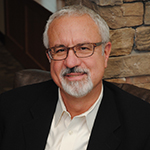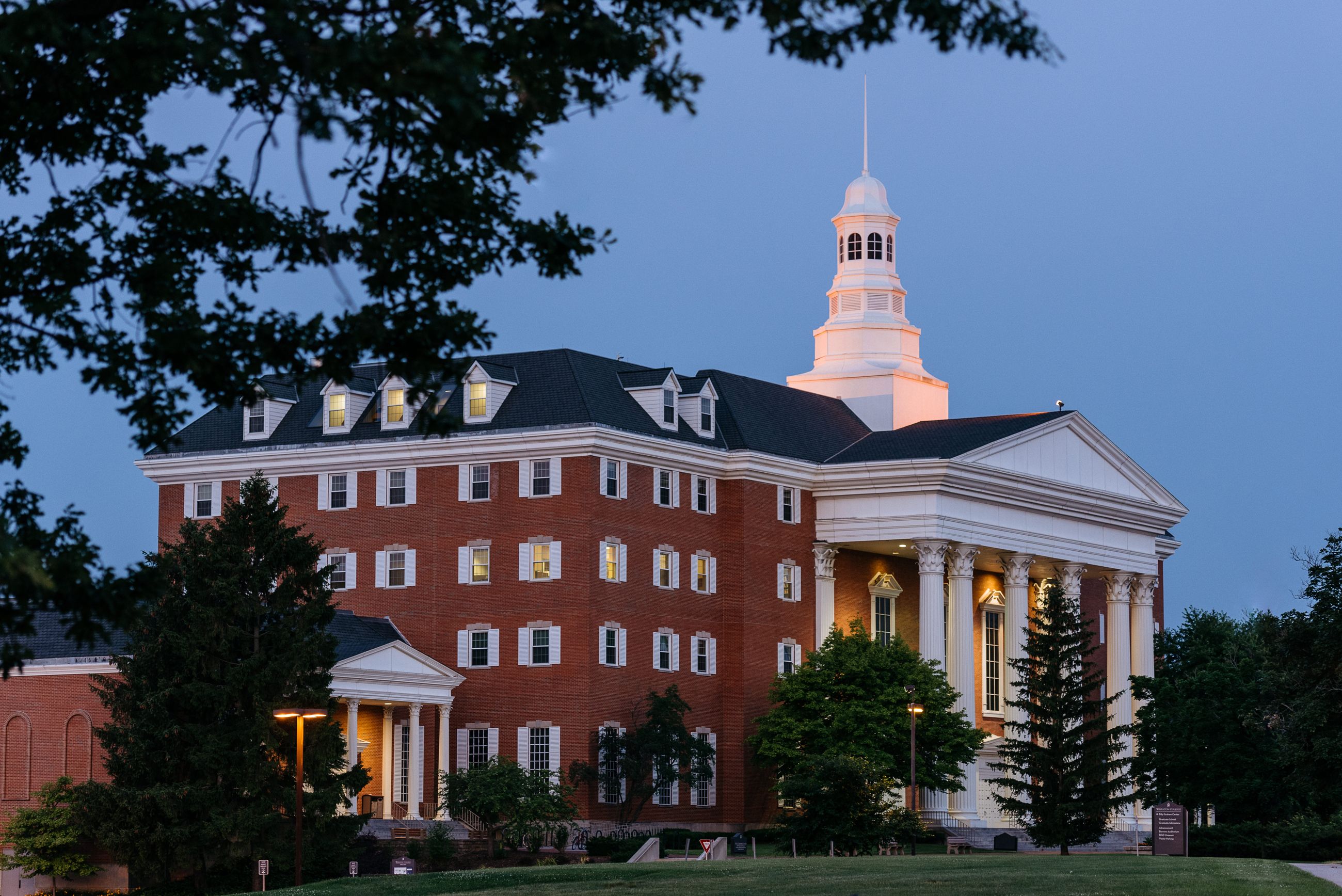Interview with Dr. M. Daniel Carroll R. (Rodas)
 Please tell us a little about your bilingual and bicultural background.
Please tell us a little about your bilingual and bicultural background.
I am half-Guatemalan (my mother was Guatemalan) and was raised bilingual and bicultural. Most of my summers growing up were spent with family there, and later I taught for thirteen years at El Seminario Teológico Centroamericano (SETECA), an evangelical interdenominational seminary in Guatemala City. Even though I now live in the United States, I remain an adjunct professor at SETECA. I helped found a Spanish-speaking training program at Denver Seminary and attend an Hispanic church. My Guatemalan background profoundly marks my life and work.
What are the areas in which you hope to guide your students’ research?
The realities of Central America sparked my fascination with the Old Testament. The relevance of the biblical text for the challenges of poverty, war, and politics in those developing countries led me to a passionate focus on Old Testament social ethics and the social sciences. In addition, my studies in English literature and literary theory have generated an ongoing engagement with literary approaches to the Old Testament and critical studies. Experiences in this country and abroad have led me to a deep appreciation for the unique contributions that women, ethnic minorities, and the global church make to the interpretation of the Old Testament.
What are your goals in providing graduate training for Latinos/Hispanics at Wheaton College?
I hope to model a commitment to connecting careful biblical scholarship with the mission of the church. My dream also is to be able to mentor at Wheaton College future Latino/a and Latin American Old Testament scholars, who will be powerful voices for the life-changing power of the Bible.
What do you enjoy doing during your down times?
To relax I love reading mystery novels, Latin American literature, and nineteenth-century English works. My wife and I enjoy Latin American food and music and collect Guatemalan art. We have two adult married sons and one grandson. I confess to being a crazy fan of all kinds of sports.
In a sentence, what do you consider to be your calling as a teacher/mentor?
To be a part of students’ pilgrimage of faith and preparation for service and to get to know them in a personal way are a joy, my God-given vocation.
